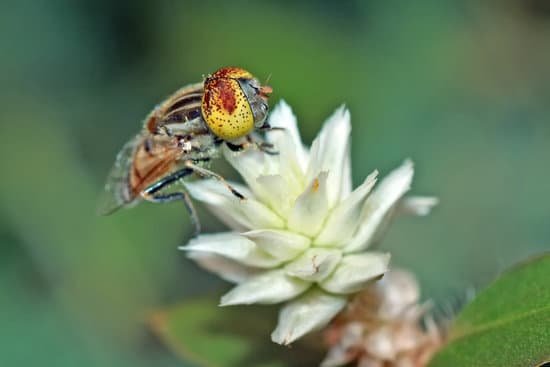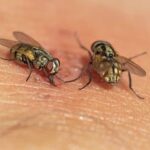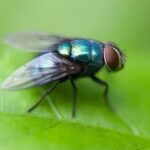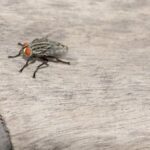How Do Bot Flies Affect Horses?
Bot flies are small, seasonal insects that can affect both horses and humans. The larvae of these insects burrow into the mouth of an infested horse, causing severe irritation and possible loosened teeth. They can also cause loss of appetite. A horse’s coat may also be infested, and the presence of these insects may result in a number of colic-like symptoms.
The larvae of bot flies hatch in the mouth of a horse and remain there for four weeks. The larvae then migrate to the digestive system and attach to the mucous membrane. Once they reach maturity, they emerge from the horse’s feces as adult flies.
While most horses are completely oblivious to the presence of bots, some horses show signs of infection. An inflamed mouth and inflamed stomach are common signs of an infestation. The larvae can also clog the opening between the stomach and intestines, causing pain and irritation. In severe cases, the larvae can also perforate the stomach lining and cause ulcers.
In order to control a botfly infestation, it’s important to break the botfly’s life cycle. Ideally, botflies need to be killed before they can infect the horse. To prevent infestations, it’s important to remove eggs regularly. Fortunately, special tools have been developed to make the eggs easy to remove. Additionally, bathing affected areas with warm water helps to eliminate the eggs.








